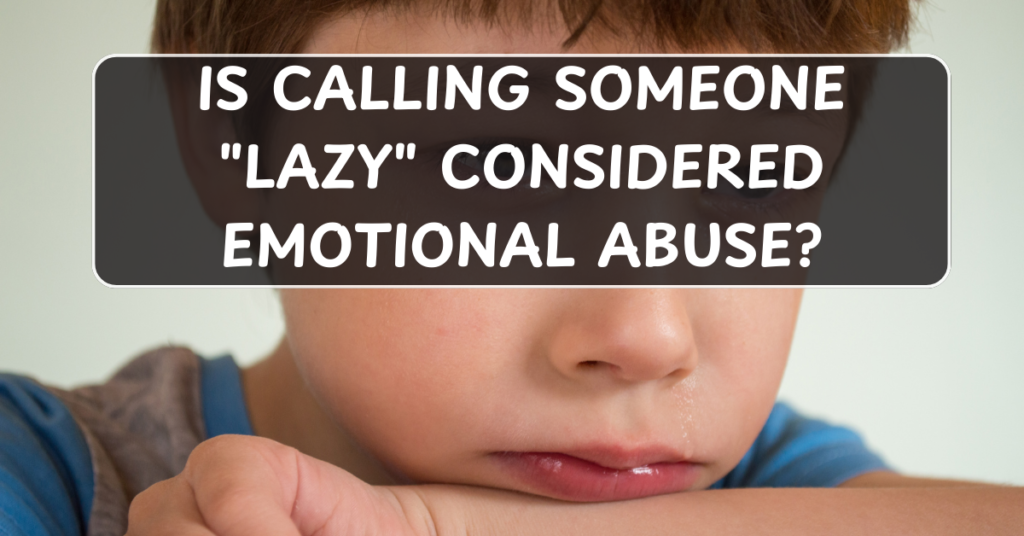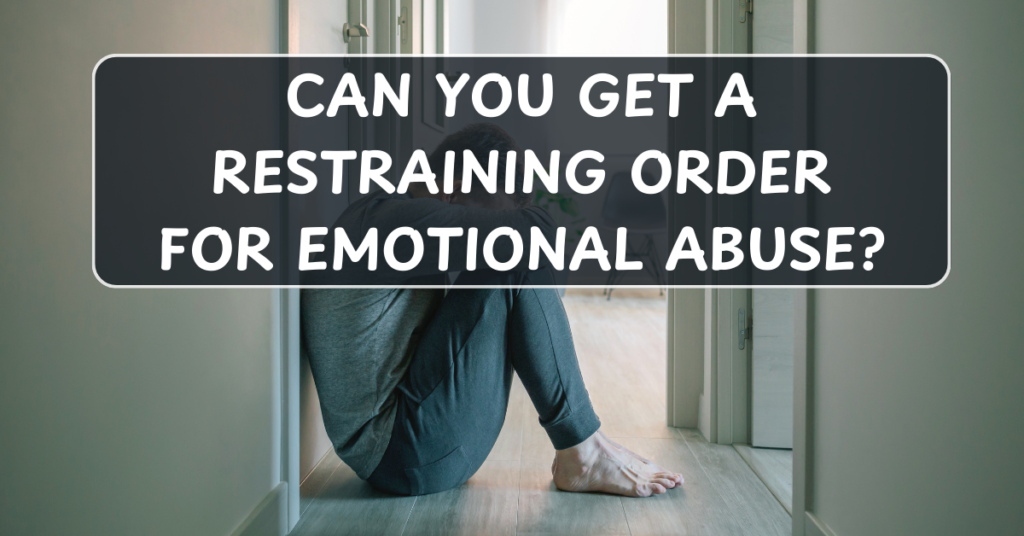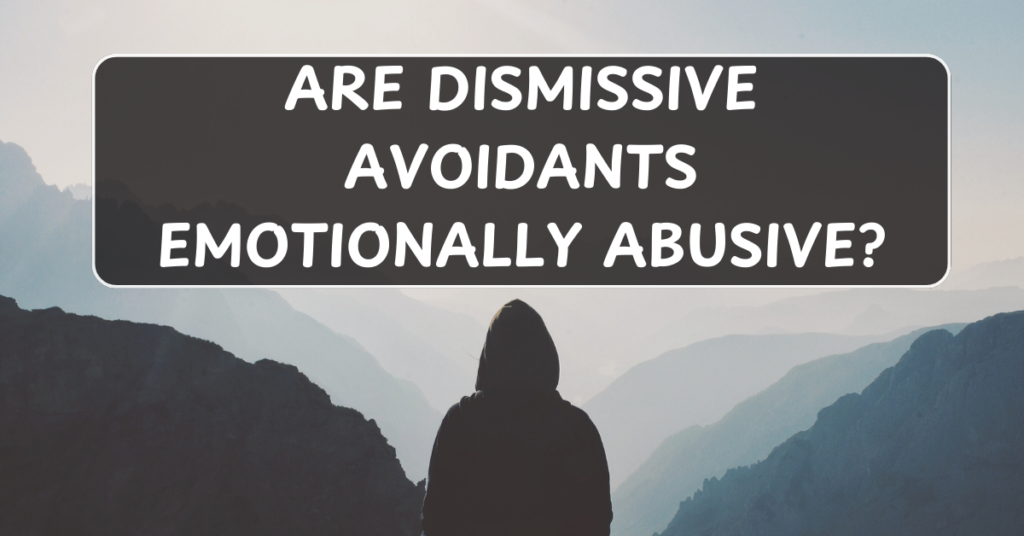
Calling someone “lazy” can be emotionally damaging, especially when used repeatedly in a hurtful or dismissive manner. While it may not always be classified as “abuse” in every instance, it can contribute to emotional harm, particularly if it is used to undermine someone’s self-worth or perpetuate feelings of inadequacy. In some cases, when “lazy” is used as a blanket judgment or to manipulate or control someone, it could be part of a pattern of emotional or verbal abuse.
>> Want to Learn How to Properly Deal With Bullies? Click Here <<
When Is Calling Someone “Lazy” Harmful?
- Repetitive Use: Calling someone “lazy” repeatedly can create feelings of shame or guilt, particularly if the person is struggling with mental health issues, health conditions, or personal challenges that make it difficult for them to keep up with certain expectations.
- In a Disrespectful or Demeaning Tone: Using the term in a condescending or mocking manner can hurt someone’s self-esteem, especially when it dismisses their efforts or circumstances.
- Ignoring Context: Sometimes, people may be labeled “lazy” without recognizing underlying issues like fatigue, depression, anxiety, or other personal struggles that may prevent them from being as active or productive as others expect.
When Is It Not Abusive?
If someone is casually using the term “lazy” to describe a specific behavior or temporary situation (e.g., not cleaning up after themselves once), it may not carry the same emotional weight as a form of abuse. However, context matters—how the person responds to the behavior and how it affects their emotional well-being should be considered.
Is It Part of a Pattern of Abuse?
If someone regularly calls you or someone else “lazy” in a way that feels controlling, hurtful, or dismissive, it can be part of a larger pattern of verbal or emotional abuse. Abuse often involves a consistent effort to degrade, control, or manipulate the victim. In such cases, it’s important to recognize the behavior and seek support.
What to Do if You Feel Hurt by Being Called “Lazy”
- Address the Issue: If it’s safe to do so, express how being called “lazy” makes you feel. Use “I” statements to avoid blame and to focus on your feelings.
- Example: “I feel hurt when I’m called lazy because I’m trying my best, but sometimes my energy is low.”
- Set Boundaries: Let the person know that using hurtful language is not acceptable. Be clear about how you expect to be treated.
- Evaluate the Relationship: If calling someone “lazy” is a recurring pattern that causes emotional harm, consider seeking support from a trusted friend, counselor, or therapist to assess the situation and determine whether it’s part of an abusive dynamic.
Conclusion
While calling someone “lazy” in itself may not always be classified as abuse, the way it is used, the frequency of its occurrence, and the emotional impact it has can all contribute to an unhealthy or even abusive relationship dynamic. Recognizing when hurtful behavior crosses into abuse is key to addressing it and seeking healthier ways of communication.


